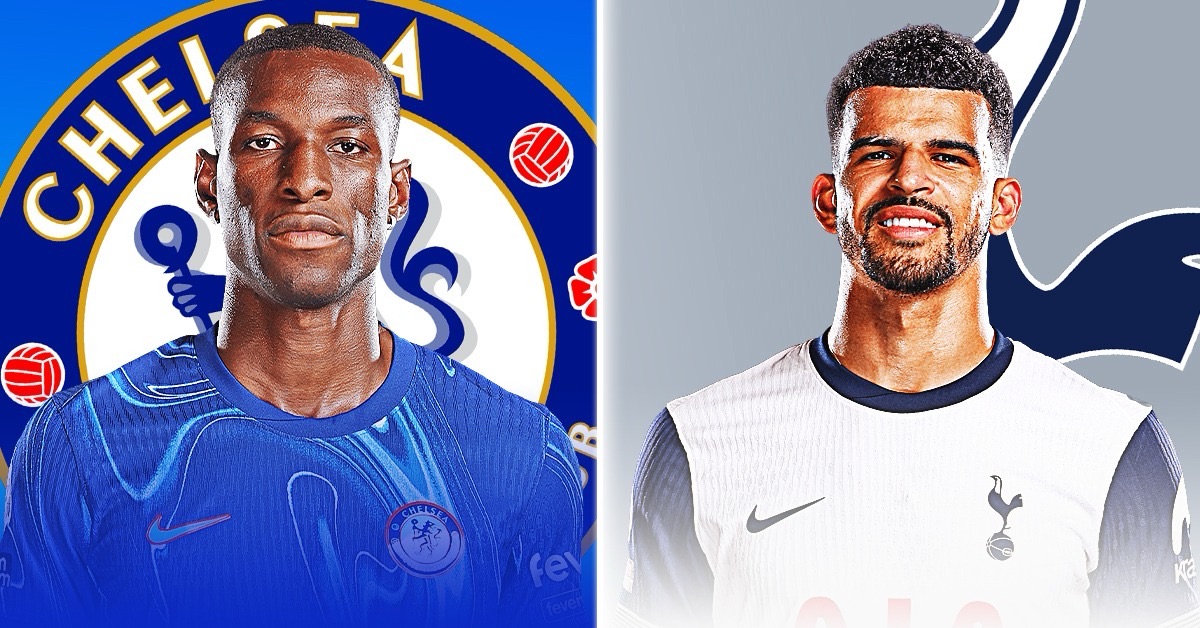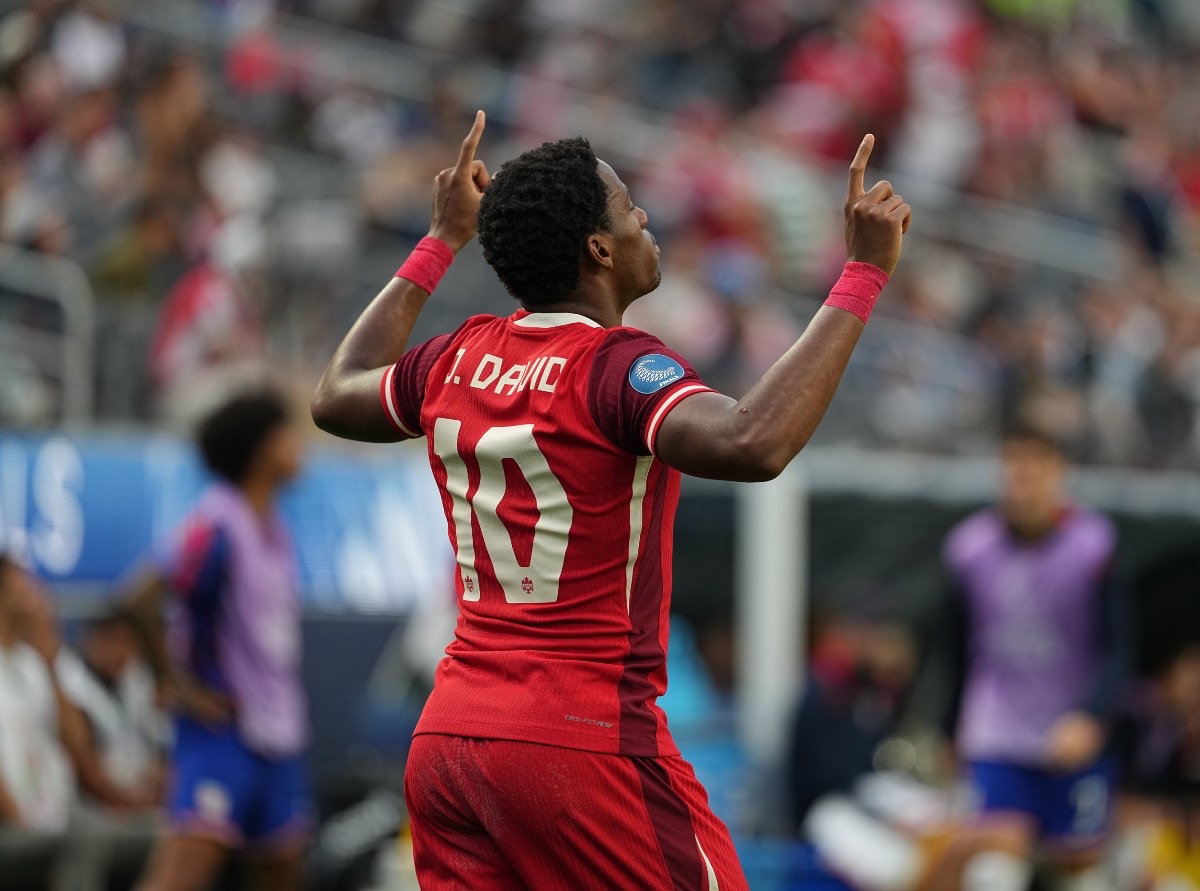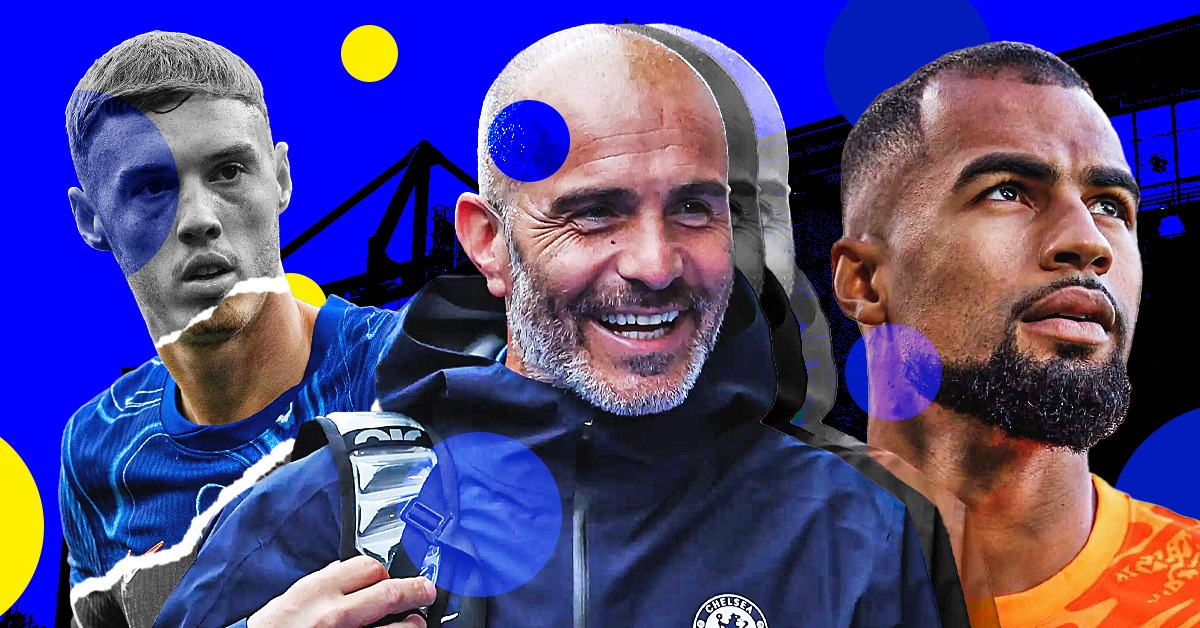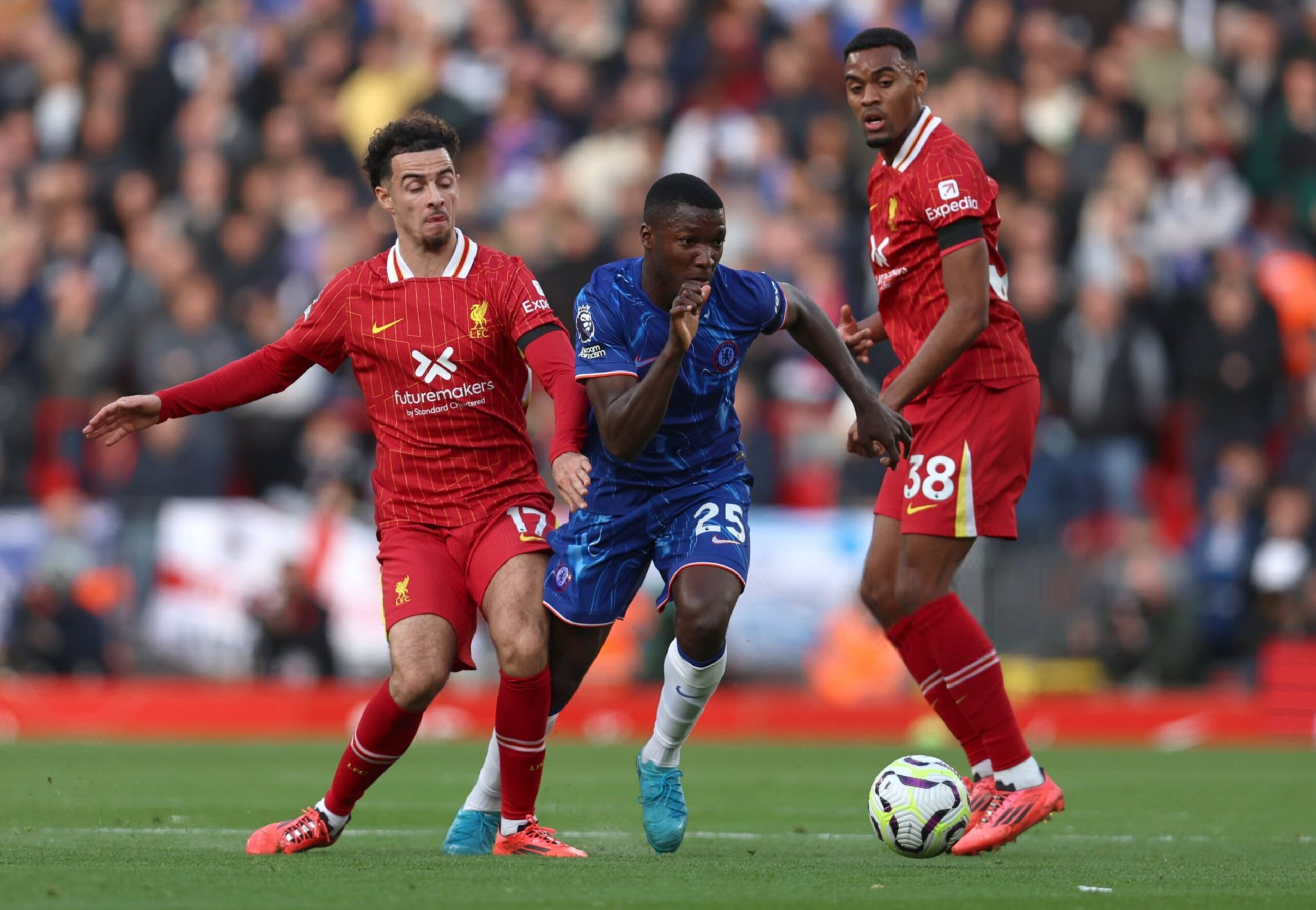Last week, I looked at why football fans should not believe the hype that surrounds Brazilian starlet Neymar. This week, I shall examine the phenomenon of high transfer fees that almost everyone seems to have an opinion on. Enjoy!
Ever since Roman Abramovich spent his first million on Chelsea Football Club, it’s become a common sight to see Chelsea spend large (sometimes extravagant) sums on top-quality players. Many people chided the club for spending so lavishly on players, but it’s not something that ever bothered Roman or the Chelsea fans. When Roman bought the club, the finances of the club were in shambles to say the least. It was a relief to quite a few that the club was still in operation. Hence, no one really complained (let’s be honest, why would they?) when Roman left no stone unturned to ensure that the club became one of the biggest clubs not only in England, but also in Europe and the whole world.
Of course, it’s fair to say that the club wasted money on quite a few occasions. No one quite understood why the club bought Juan Sebastian Veron, widely regarded as one of the most expensive flops to grace the Premier League. The purchase of Andriy Shevchenko for a massive sum when he was past his prime was another classic case of over-spending. The club also turned quite a few heads when £50M was spent on Fernando Torres at a time when he was going through the worst phase of his career. All this spending leads us to the question in hand: what’s with the high transfer fees?
One can argue that times have changed. That is true to an extent. Clubs nowadays are run as business enterprises, meaning that clubs have certain sums of money to spend on players they may want to buy. But one cannot doubt the influence that people like Roman or even Sheikh Mansour have had on the sudden rise of money being spent on players. Because clubs like City and Chelsea seem to have more money to spend than other clubs and are willing to pay extravagantly, the market prices automatically go up. I say “seem to have” because in today’s world, every manager pays large sums of money to get their hands on the players they want. Even hypocrites like Sir Alex Ferguson.
The reason I call Sir Alex a hypocrite? Here are some comments he made about transfer fees. “I see some values on players, like (Eden) Hazard for instance. To me it was a lot of money. He’s a good player, but £34M? What we’re finding anyway, the climate for buying these top players – not just the transfer fees, the salaries, agents’ fees – is just getting ridiculous now.” If he found these prices so ‘ridiculous’, what prompted him to pay £24M for 29-year old, injury-prone Dutch striker Robin Van Persie? Van Persie is a deadly hit-man no doubt, but it’s obvious to all that Arsenal got the better end of that deal. It just proves my point: you have to pay handsomely for the players you want.
Mind you, some clubs take the “you must pay for the players you want” mantra a little too far. I mentioned examples of Chelsea over-spending earlier, and now I’m about to mention another club. A club whose over-spending had most rival fans in splits: Liverpool. With Kenny Dalglish as their manager, Liverpool’s transfer policy was to scout and buy the best English talent available. They received £50M for Fernando Torres from Chelsea (again, it’s obvious to all who got the better end of that deal) and straight away they spent £35M of that to buy Andy Carroll from Newcastle (yet again, it’s obvious to all who got the better end of that deal). Carroll had made a bit of an impact in the Premier League that season, but not enough to warrant Liverpool spending £35M on him. As such, he struggled to cope with the pressure of a high price-tag and flopped. Sadly, he wasn’t the only such failed transfer.
During the summer of 2011, Liverpool (continuing with their policy of buying the best English talent available) spent £20M each on Stewart Downing and Jordan Henderson. Again, both were classic cases of over-spending. Downing is a half-decent old-fashioned English winger who likes a good cross, but he was never worth £20M. Henderson showed signs of promise at Sunderland, but (yet again) not enough to warrant such a lavish fee. Downing ended the 2011/12 League season with 0 goals and 0 assists. Henderson didn’t fare much better. Clearly, this shows us that transfer fees can be ridiculously inflated in some cases. In most cases though, players justify their price-tags. Sergio Aguero is a perfect example, as well as Radamel Falcao. Juan Mata is another such example.
One must also look at the fact that the sport of football has changed as a whole. With the game now watched in almost every corner of the world, the money involved is a lot more than what it was even 20 years back. TV & sponsorship deals are now an added source of income for clubs, as well as the sale of football jerseys. With so much money at stake, it’s no surprise that transfer fees have skyrocketed. And it’s something that the big-men of football (namely FIFA, UEFA etc.) accept. UEFA’s Financial Fair Play rules aim to curb excessive spending, but the loophole is this: the club can spend as much money as they want as long as they are profitable. It may not seem like much of a loophole given that most top European clubs are in some sort of debt at the moment, but if clubs can find more sources of income and become profitable enterprises, they can still spend good amounts of money on player transfers.
As such, managers and fans can talk about these transfer fees till they go blue in the face; they may feel it that it gives an unfair advantage to some; they may even argue that more should be done to curb transfer prices so as to avoid a situation when clubs will be paying even larger sums in the future. But the harsh reality is this: high transfer fees are here to stay.
Shayne
!function(d,s,id){var js,fjs=d.getElementsByTagName(s)[0];if(!d.getElementById(id)){js=d.createElement(s);js.id=id;js.src=”//platform.twitter.com/widgets.js”;fjs.parentNode.insertBefore(js,fjs);}}(document,”script”,”twitter-wjs”); !function(d,s,id){var js,fjs=d.getElementsByTagName(s)[0];if(!d.getElementById(id)){js=d.createElement(s);js.id=id;js.src=”//platform.twitter.com/widgets.js”;fjs.parentNode.insertBefore(js,fjs);}}(document,”script”,”twitter-wjs”);
(function(d){ var js, id = ‘facebook-jssdk’; if (d.getElementById(id)) {return;} js = d.createElement(‘script’); js.id = id; js.async = true; js.src = “//connect.facebook.net/en_US/all.js#xfbml=1”; d.getElementsByTagName(‘head’)[0].appendChild(js); }(document));








